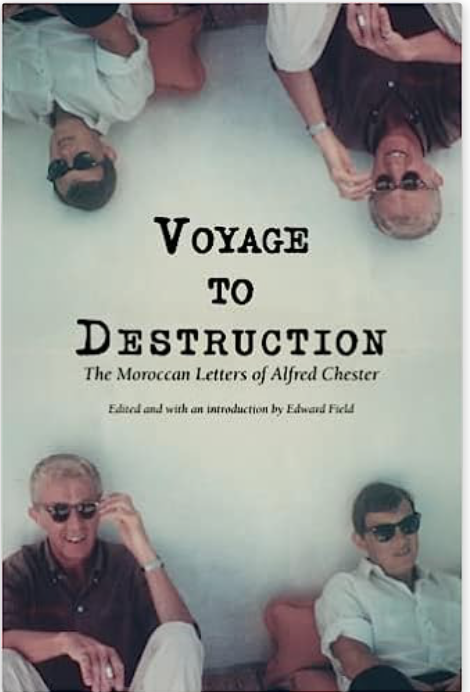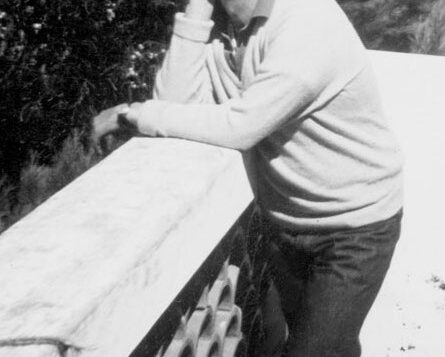 VOYAGE TO DESTRUCTION
VOYAGE TO DESTRUCTION
The Moroccan Letters of Alfred Chester
Edited by Edward Field
Spuyten Duyvil. 300 pages, $25.
YOU’VE NEVER heard of Alfred Chester? Well, you’re surely not alone. Chester died in 1971 at the age of 43 of a heart attack caused by drugs and drinking. His closest friend and staunchest supporter, Edward Field, considers it a suicide. All of Alfred Chester’s books are out of print, and he published only five in his lifetime: two collections of short stories and three novels, if you count Chariots of Flesh, the pornographic novel published under a pseudonym. His masterpiece is titled Exquisite Corpse.
Given Chester’s obscurity, it is quite remarkable that Spuyten Duyvil dared to publish his Moroccan correspondence. Books of letters generally sell poorly, and the letters of an obscure queer writer sell even worse. The publishers deserve a prize. Nevertheless, Alfred Chester is one of America’s great letter writers, and these letters sent between 1963 and 1965 cover a remarkable period of American culture at the height of Chester’s powers as a writer.
In the early 1960s, Alfred Chester was well known in the New York literary world. He became quite a presence in the English-speaking community in Tangier, which included Paul and Jane Bowles and William Burroughs. Allen Ginsberg made a cameo appearance, as did Susan Sontag, Cecil Beaton, and Noel Coward. The circle was almost completely gay and, surprisingly to me, mainly Jewish: Alfred Chester, despite his name, was a yeshive bokher from Brooklyn; his closest friend in Tangier was Norman Glass, a British Jew; and Jane Bowles (née Auer) grew up in a posh Jewish suburb of Long Island. And then there were more marginal figures: Martin Tucker, Irving Rosenthal, and Ira Cohen. And Charles Wright, the gay African-American novelist, who wrote The Messenger, The Wig, and Absolutely Nothing to Get Alarmed About, who tormented and was tormented by Chester.
David Bergman, G&LR poetry editor, is the author of the recently republished Gaiety Transfigured: Gay Self-Representation in American Literature.







